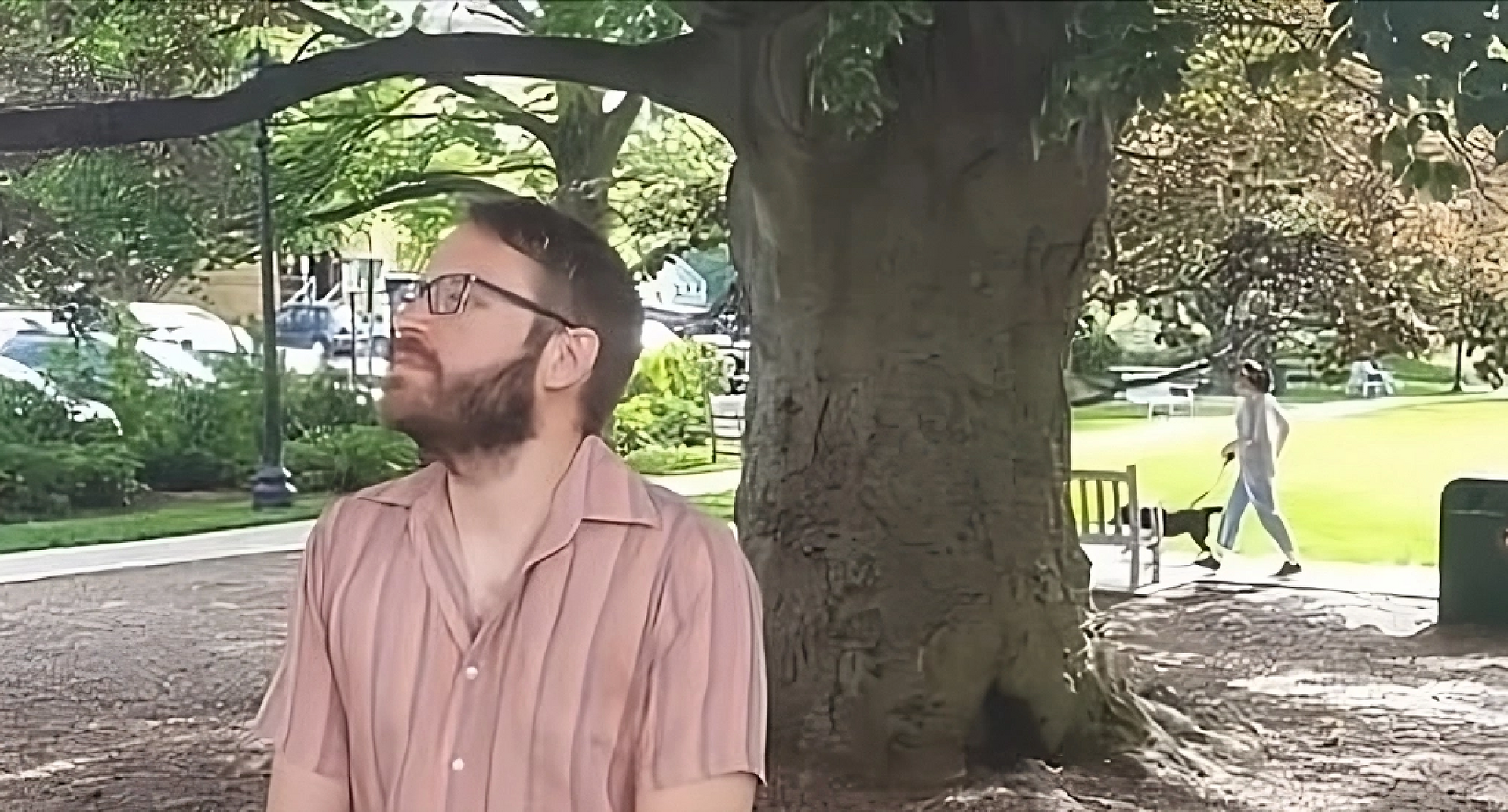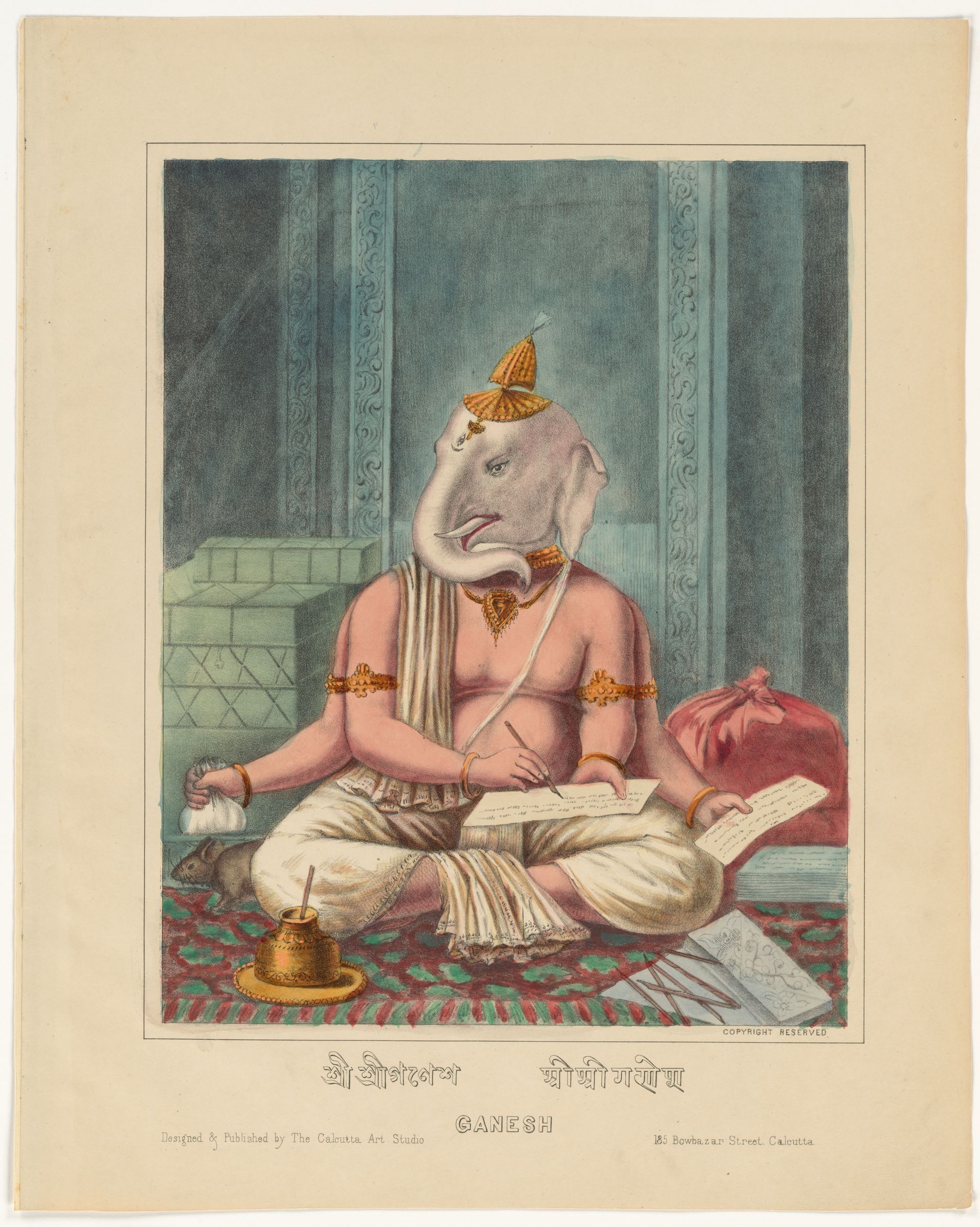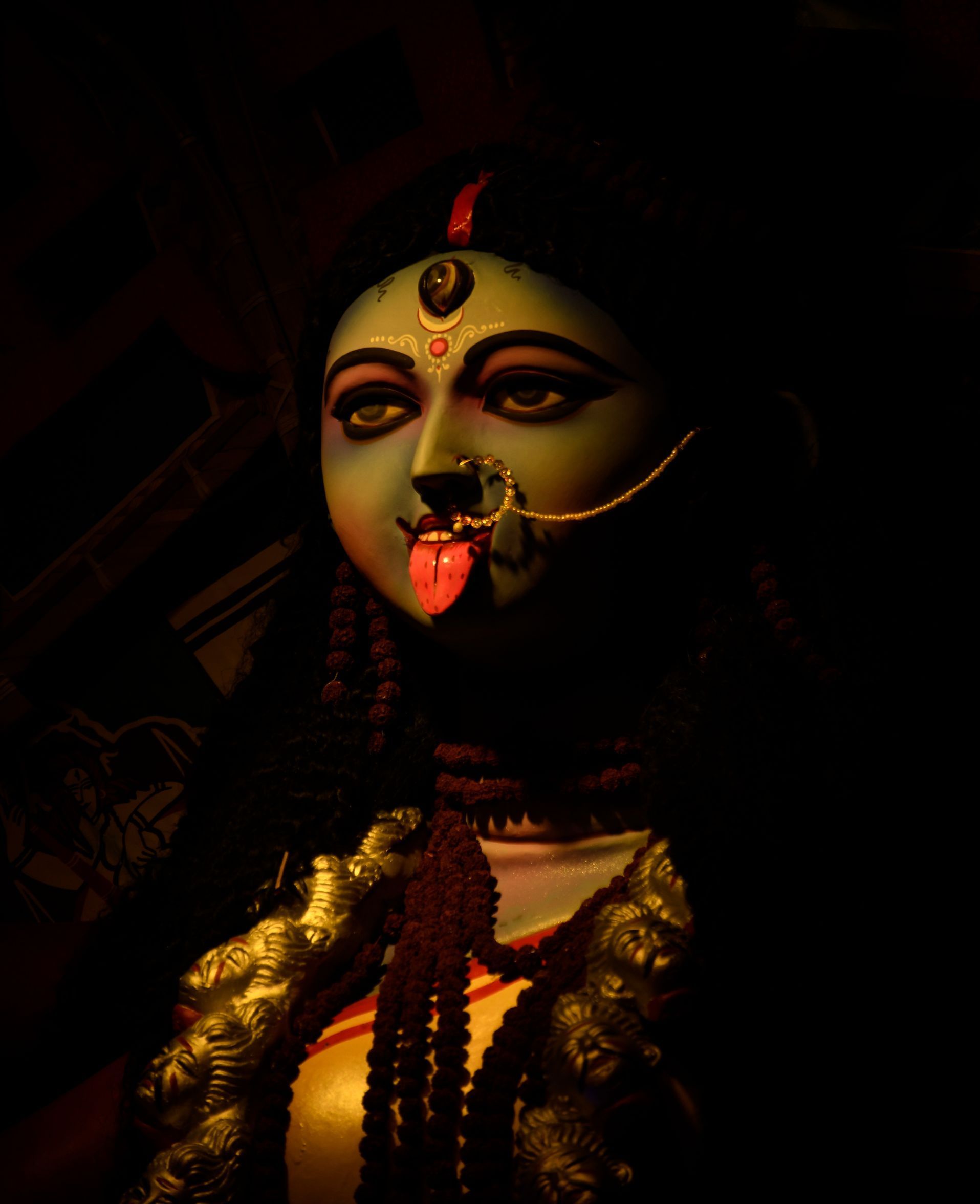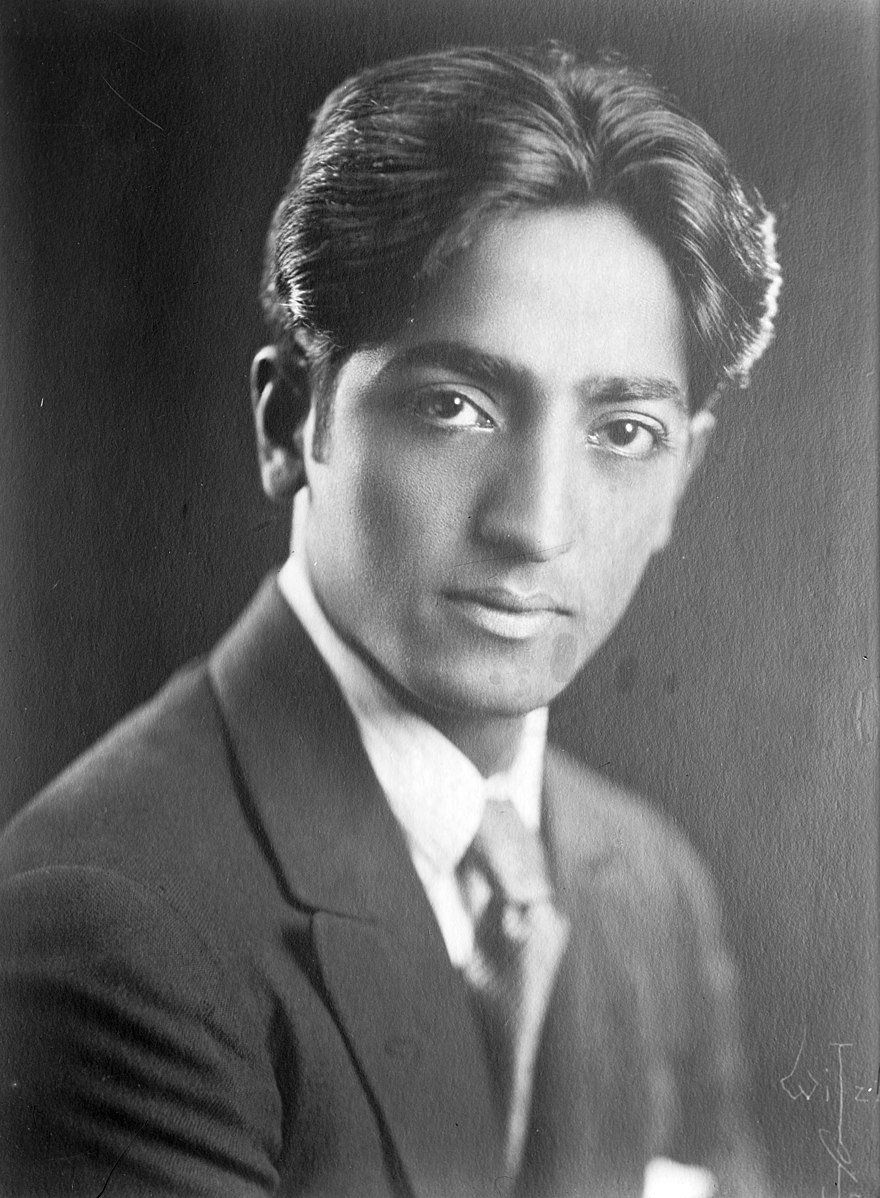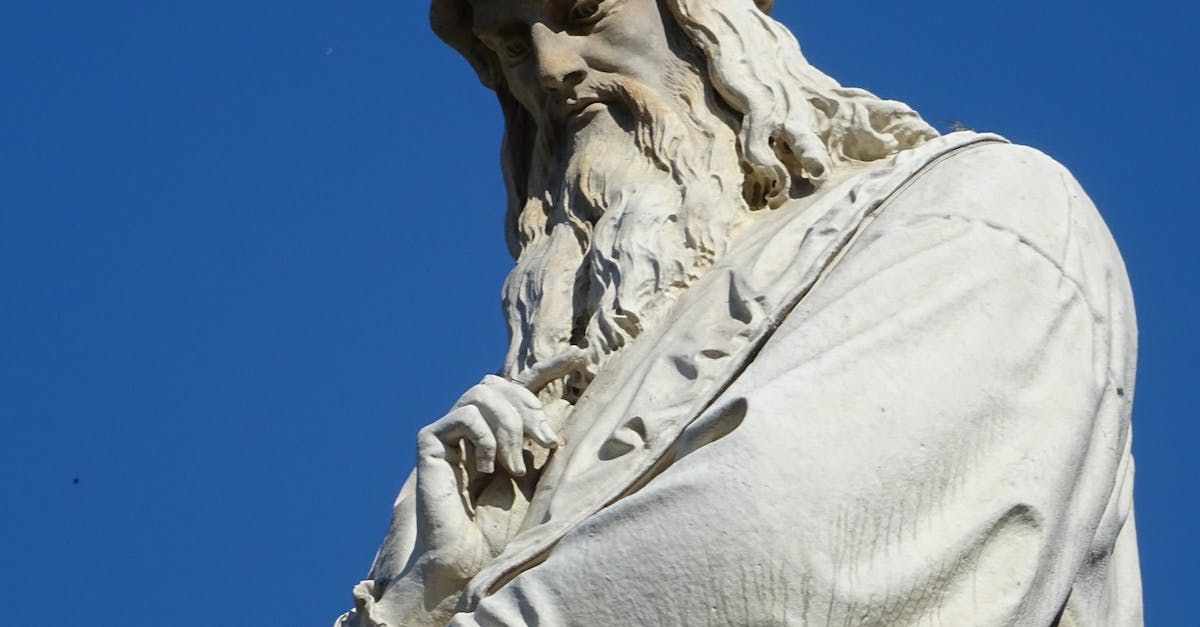POIESIS | How to Write Profound & Potent Mystical Poetry
POIESIS
Overcoming Challenges in Expressing the Unseen
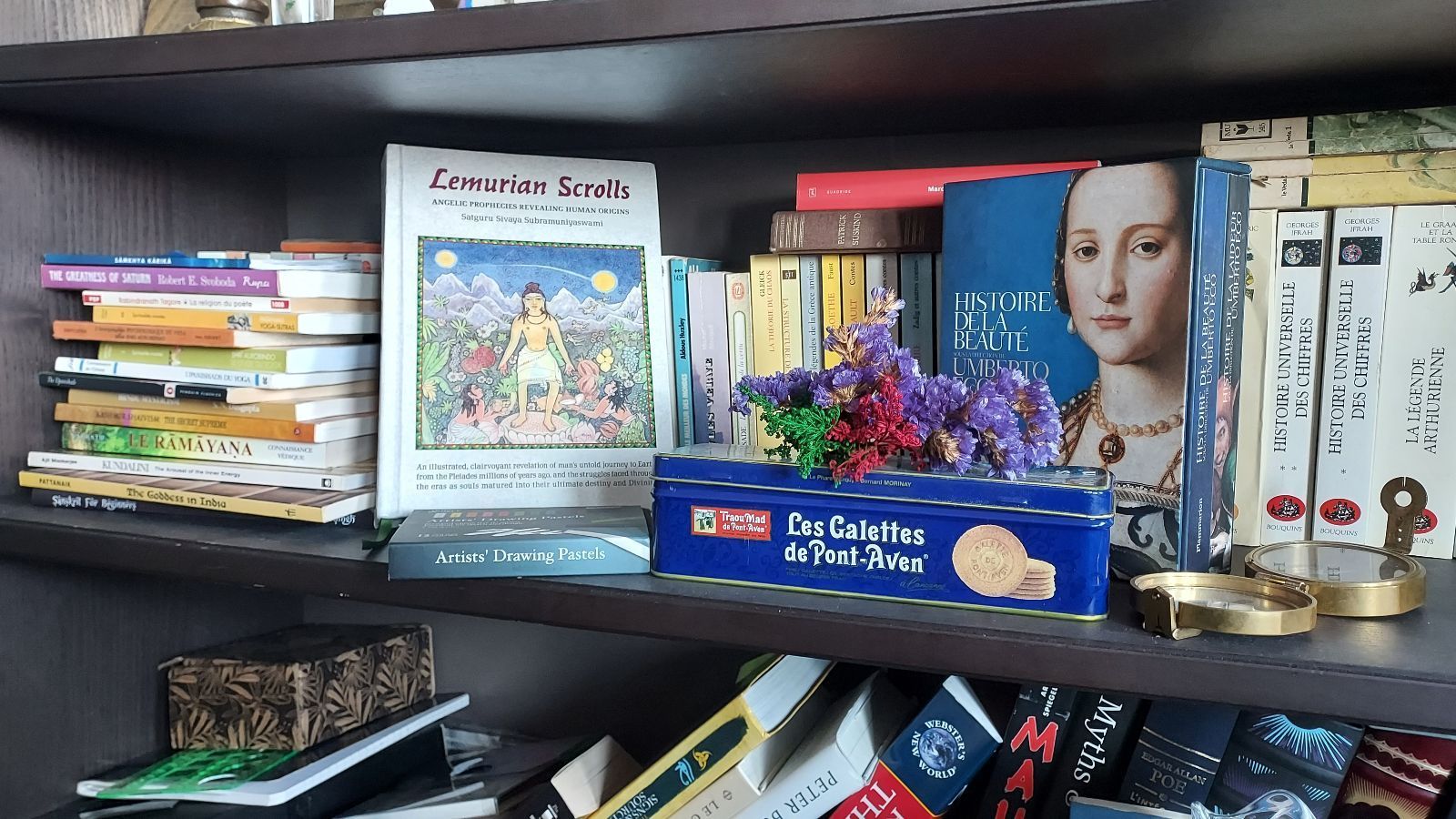
I have had the privilege of participating in the translation of a captivating book, one that is inspired, profound, and thought-provoking: the Lemurian Scrolls.
The Lemurian Scrolls are, in our estimation, a mythology of remarkable significance, perhaps the final one. They stand as a syncretic discourse on religion and what we perceive today as mythology. These myths are interwoven through a central theme which lends coherence to the voices of their diverse narrators. The Lemurian Scrolls delve into the origins of religion, human evolution, and the unfolding of history across the dawn and dusk of Knowledge, and the means to preserve Culture during cyclical ages of darkness.
This translation endeavor has been a journey into the depths of spiritual storytelling and allowed me to comprehend how myths are born, and the purpose they serve. This article aims to share some reflections drawn from this rich experience, exploring the challenges and nuances of understanding, owning, writing, and translating spiritual and mystical literature.
The translation of the Lemurian Scrolls has been collaborative. It involved the original recipients of the text, monks of the Saiva Siddhanta Yoga Order residing in the Hindu monastery of Kauai (Hawaii), and myself. One of the primary challenges we encountered during the translation process was related to language. Certain passages proved difficult to decipher, particularly for me, given my lack of familiarity with monastic life, the author's background, and some philosophical underpinnings of the Scrolls. Moreover, even though the monks possessed a deeper understanding of this spiritual philosophy, having been disciples of the author, Satguru Sivaya Subramuniyaswami, since the 1970s, some pages of the text remained enigmatic to them as well.
Most of our challenges stemmed from the manner in which the Scrolls were re-transcribed rather than written, a fascinating story you can discover in the book’s introduction. We remained undaunted, though, because of the author’s vivid intention and the astonishing beauty certain pages contained. Nearly five years of dedication brought into being a French translation which achieved clarity, homogeneity, while preserving the beauty of the original message. This accomplishment aligns with the elements of a successful literary translation: enhancing clarity, safeguarding the innate beauty, and remaining faithful to the source message.
As a professional translator and writer, I have come to realize that sharing the depth of inner experiences, particularly those of a religious or mystical nature, presents unique challenges if you do not possess a strong background in writing. Over the course of my studies and translation work, I have delved into various spiritual books, manuscripts, and diverse forms of spiritual poetry. With the exception of a few, many of these texts turned out to be elusive, cryptic.
I have identified five key reasons behind this obscurity, which I aim to explore in this article. I hope shedding light on these factors can assist poets aspiring in creating mystical poetry, equipping them to craft beautiful, authentic, and above all, potent, spiritual literature.
From Cryptic To Clear: 4 Pitfalls in Crafting Potent and Beautiful Mystical Poetry
1. Spiritual Isolation And The Trap of Writer's Narcissism
A consistent theme among enduring scriptures and mystical books is their association with established spiritual traditions. In these traditions, prior disciples evolve into masters, passing on the wisdom acquired through practice to successive generations of disciples in an unbroken chain of transmission. As a consequence, when authors of spiritual literature lack a strong foundation within an established lineage, the mystical literature they produce usually tends to be cryptic. This cryptic aspect stems from the inherent nature of knowledge, which demands validation by peers—individuals engaged in the same pursuit but separate from the experiencer.
Religious canons emerge from an esoteric process involving a savvy blend of philosophy, practice, and initiates who crystallize the master’s teachings into literature. This initiatic approach, known as "guru-shishya" (master-disciple) in Yogic philosophy, also finds resonance in Middle-Eastern mystical traditions like Sufism. A notable example in monotheisms practiced in the West is the philosophy of Jesus-Christ, the founder (perhaps unintentional) of Christianity. He passed down his doctrine orally to eyewitnesses, and long after his passing, a wider circle of devoted disciples transcribed it into written form.
Through tradition, mystical texts, often taking the forms of poetry, philosophy, or instructional guidance, are entrusted to a select circle of disciples. As the circle expands over time and space, new disciples undertake the task of translating the Master’s teachings into their native languages. In such a dynamic context, the spiritual lineage serves as a safeguard for the integrity and ongoing clarity of the message, regardless of the translation diversity.
Spiritual literature centered solely on the writer's individual perception, devoid of a grounded lineage, tends to lack clarity, depth, universal wisdom, and remains shrouded in obscurity.
2. The Physical and Non-physical Divide
Another significant reason behind the cryptic or challenging nature of spiritual texts and scriptures is their subject matter. Comprehension is a product of the intellect, which in turn, is the culmination of sensory experiences and memories.
Writing serves as a means to express and share this comprehension, drawing from what has been memorized though the senses. However, a paradox arises here: our senses are trained to decode the outer, the physical world, whereas writers of mystical literature aim to articulate the non-physical. In essence, they employ tangible means to express the intangible, physical avenues to describe the non-physical, at times resulting with literature that resists intellectual digestion, and is often perceived as "mysterious."
Mystery holds appeal when there exists a mind capable of unraveling it. However, mystery devoid of epiphany, clarity, or disclosure, what Ancient Greek philosophers named "Aletheia," serves solely to disguise inauthenticity, mystify, driven not by intelligence but by a desire to captivate, manipulate, and dominate. Spiritual literature which lacks resolution is cryptic and sterile. It erodes intelligence and leaves both the writer and reader spiritually impoverished.
3. Belief, Lack of Experience, and Bias
Our senses are designed to perceive, measure, and interact with the tangible aspects of the world—things we can see, smell, taste, hear, and touch. Many atheists assert that they do not believe in God, arguing that belief is not compatible with sensory perception.
In this regard, atheists are indeed correct: belief does not originate from our sensory faculties. In fact, for many individuals, belief can be seen as a form of denying or avoiding the complexities of existence. Belief in God may serve as a coping mechanism to grapple with life. When spiritual texts are written from the perspective of belief, which involves a lack of, or incomplete, spiritual experience, they tend to take on a cryptic and uninspiring character.
Belief, unlike comprehension, does not demand an understanding of the subject matter and can foster biases or prejudices which distort one's perception of reality, which includes the subject of their writing. Belief is often referred to as "blind faith" (suggesting the existence of a contrasting "seeing" or visionary faith, which we will explore in more detail later).
4. Mastery of Language
The importance of mastering language arises from the three defaults mentioned earlier. When one endeavors to communicate non-physical phenomena through physical means, with the aim of making them universally understandable and shareable, a search for the appropriate tools becomes essential. Beyond mere belief, rigorous inquiry is necessary to validate the existence of these tools.
Language stands as the foremost medium through which humans share information, making it crucial to attain a level of linguistic refinement that facilitates the expression of non-physical realities through words. Along with their spiritual practice, writers belonging to an established spiritual or religious tradition inherit a set of elements of language to reflect on and communicate mystical experiences. The language of a spiritual tradition, its terminology, is not to be confused with dogma, which is connected to belief or “blind faith,” and results from theoretical interpretation devoid of practical experience.
Refined language is the outcome of a cultivated intellect, capable of impeccable logic, nuanced expression, and vivid symbolism. The ability to express subtleties and employ symbolism, hallmarks of the finest mythology and poetry, is tied to the capacity for reasoned thought. Spiritual texts which lack this reasoning are prone to obscurity and spiritual vacuity, regardless of their literary form.
What About Faith & Intuition?
There is another inner phenomenon besides comprehension and belief: faith. Those who experience faith describe it as a strong persuasion, a powerful form of intuition. The term "intuition" has Latin origins and translates to "taught by the inner." Intuition often presents itself as a hunch, yet it is not merely a gut feeling; it is also informed, relying on experience and encompassing cognitive processes involved in acquiring knowledge.
1. Intuition: A Double-Edged Sword
Because intuition can manifest as a hunch while also relying on experience, it has the potential to reveal truths or expressed falsehoods. In the realm of everyday life, intuition serves as a guidepost—a subtle inner clue designed to lead its experiencer toward resolving a problem they actively engage with. For instance, you're unlikely to experience mathematical intuitions unless you're actively attempting to solve a mathematical problem. Even then, your intuitions may or may not prove accurate. Indeed, sometimes, despite their intensity, intuitions turn out to be false. This typically occurs when there is insufficient experience in the domain, and what appears as intuition is, in fact, a personal bias.
Intuition deals with the unknown and is accessible only when one actively seeks knowledge, a quality of knowledge being its ability to elude the human intellect, which perceives it as infinite. Common intuition is relative and temporary: it dissipates with the resolution of the circumstances from which it pertains or when it reaches a definitive true/false conclusion. In contrast, faith in the deity is a form of intuition that appears to transcend personal preferences and defies duality. In this context, faith—an intense intuition that existence is the relative expression or manifestation of an absolute or higher power—assumes a permanent, stable, and intrinsic role in an individual's makeup.
Faith, therefore, embodies another form of knowledge acknowledged, sensed, and transmitted
solely from within—by or through the inner self. Psychology recognizes the existence of such inner realm and terms it the 'psyche,' which derives its name from a princess in ancient Greek mythology who seeks reunion with her divine male lover, Eros, and serves as the foundation for the field of "psychology." Mystics, on the other hand, characterize this depositary as the soul.
2. In Defense of Enlightening Poetry: A Simple Axiom
Now, returning to the context of the Lemurian Scrolls, genuine mystical experiences are inseparable from faith or to be more precise, divine inspiration, a form of aspiration and spontaneous wisdom imparted from within. If you've ever had the intuition to open a scripture from any religious tradition, whether it's the orthodox Torah or Rig-Veda, the narrative Bible, the esoteric Gita or the philosophical Upanishads, their timelinessness may have struck you. These books contain poetry and myth expressions of such highest order that they have shaped ancient and modern nations and civilizations.
Engaging in a mystical tradition, such as Yoga, may indeed nurture the qualities of an inspired writer, as in Yoga, faith is reinforced by experience. However, writing poetry or literature about God should not imply that divinity speaks through you, exempting you from the rules of literature and logic. Some poets may submit their work to publications with this notion in mind, but it's crucial to remain cautious of error and hubris.
Consider this: If God is viewed as the architect of a structured physical universe human intelligence can fathom, why would divine inspiration lead to obscurity in your writing? If, for you, God embodies the epitome of knowledge, power, clarity, and order, how would a neglected and disorderly intellect be a sign of divine presence? To reiterate, in any form of serious writing, whether spiritual or not, clarity is paramount. Clarity is the outcome of honed reasoning skills, which, in writers, can only be acquired through meticulous study of diverse literature, encompassing intense and critical reading.
Writers may write with the goal of either entertaining or imparting wisdom to their readers. In either case, clarity is indispensable because how can you entertain people who do not understand what you're saying? And what wisdom can you convey if clarity is lacking? While poetry is often portrayed as transcending literal logic, it remains grounded in language and continues to engage reasoning and thought processes. These faculties are the fruits of a cultivated mind, capable of tracing the genesis of poetry within their work back to its abstract, unmanifested origins. Before attributing these origins to the Divine, a poet should be adept at discussing, reflecting upon, and writing about the sources which have nurtured their poetic vocation and converged into the poem they now craft and submit.
This is precisely why, when submitting to Revue {R}évolution, we inquire about your mentors in poetry, philosophy, art, and mythology. We seek to understand how you have honed your intellect and how your literary preferences align with and have culminated into your current poetry practice. Our goal is to discern the influences which have shaped your mind. These questions constitute an integral part of your submission and should resonate with the quality of the poem you present—a literary gem in harmony with the other literary treasures you have apprenticed under and from which your discipline and inspiration proceed.
Consider this: If God is viewed as the architect of a structured physical universe human intelligence
can
fathom, why would divine inspiration lead to obscurity in your writing?
In Conclusion
If you strive to attain mastery over language, transforming the knowledge you've acquired through diligent study and personal experience into a medium capable of conveying the subtle truths and nuances bridging the realms of the non-physical and physical; in essence, if you become well-versed in navigating the path from practicality to abstraction and vice versa, practice to theory, and vice versa,
If your exploration of divine realities is enriched with mystical experience, anchored in authentic spiritual tradition (which includes historic philosophy and practice), informed intuition and faith, rather than mere belief,
you have the potential to create spiritual literature
that is not only beautiful, flawless, noble, and pleasing in expression, but also inspiring, pregnant with intellectual and spiritual potency, and harmonizing of the physical and non-physical. However, as you pursue these ideals, whether or not your poems find a place in publications, remember to embrace the possibility that you will never fully attain them because:
“That which cannot be expressed by speech, but by which speech is expressed—That alone know as Brahman, and not that which people here worship.”
––Kena Upanishad
📍**
Thank you for your time and consideration.
GENERAL NOTE FROM THE AUTHOR: Numerous translations and commentaries of the Upanishads exist, provided by Yogis from various Yogic traditions. In the frame above, I have referred to a downloadable translation and commentary of the Kena Upanishad by Sri Aurobindo due to its relevance to the subject matter at hand. Sri Aurobindo, a philosopher, mythologist, poet, translator, and erudite, was not only a Yogi and spiritual master, but also a writer by profession. As for the quote itself, it is from a different translator.
For those aspiring to elevate their poetic skills to a level of mystical mastery, I recommend exploring Sri Aurobindo's work, particularly "The Future Poetry" and his essays on existence and Divinity. Additionally, writings by Swami Vivekananda, a recluse and erudite monk, are indispensable resources.
It is essential to disregard any present-day (or past) nationalist influences or tendencies that might lead you astray from these enduring treasures of spiritual literature, which have the potential to enrich both your writing practice and your life. As Ram Lal Siyag, a contemporary saint of the Kashmiri Shaivism tradition, who has revived the original Yogic practice developed in Sage Patanjali's Yoga Sutra, wisely asserts, "No one can claim a monopolistic right over me." Indeed, the Divine, which permeates and expresses Herself in all things, transcends any form of exclusive ownership.
Murielle Mobengo is the editor-in-chief and founder of Revue {R}évolution, as well as a poet. She inquires poetic existence, the origins of poetry and its intricate connection with mythology, the spiritual underpinnings of art, and philosophy. Murielle composes poetry in French, English, and German, and has a fondness for Western ancient languages and Sanskrit. She perceives symbols as a unified language expressing pantheism, and describes herself as a symbolist and a mythologist. Murielle Mobengo is a disciple of Kashmiri Shaivism, the non-dualist Eastern philosophy which traces its roots to the birthplace of Yoga.
Comment this article!
One rule: Be courteous and relevant. Thank you.
Revue {R}évolution
